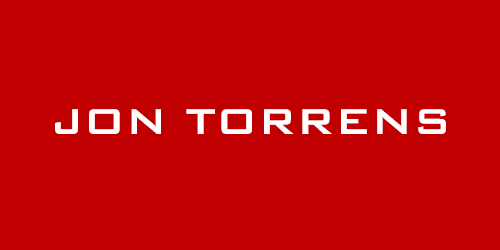I’m a ‘Support Class’ character.
“What on Earth does that mean, Jon?” I hear you bleat.
Well, your Myers-Briggs type may be helping you, but I floundered trying to choose mine because I felt I sat in multiple roles. Instead, I find it far easier to describe my training role as a Support Class, a character archetype from board games and video games. In a fantasy board game (think ‘Lord of the Rings’), for example, you might have:
+ Aragorn – Fighter/Warrior: physically tough, but no magical abilities.
+ Gandalf – Wizard: powerful magical abilities, but physically weak.
+ Legolas – Ranger/Archer: a ranged weapons specialist.
+ Elrond* – Cleric: healing and supportive magical abilities. That’s the Support Class character!
* I know that’s not his main role, but I see the Elves generally as healers.
In a military-based video game, you might see some equivalents:
+ Infantry: good all-round soldier.
+ Engineer: technical specialist, not great in a fight.
+ Sniper: ranged weapons specialist.
+ Medic: the Support Class character! Also a poor combatant.
(Side note: while allowing for you to play to your strengths, character classes with various specialisations makes teamwork necessary.)
I can speak in front of large groups of people, but I certainly don’t see myself as a leader. Once I realised I was a Cleric/Medic (…aaand possibly a Wizard/Engineer), it made me feel far more focused and fulfilled in my training.
So, consider the character you most relate to in your favourite book or game, and identify their role. Perhaps it will help how you see yourself and how you communicate that role to others.
